Yesterday was past,
Today is not going to last,
And hey, tomorrow is coming really fast!
Now, all of you are too old to understand what time is? Don’t we talk about time all the time :)
Time to take a bath.
Time to eat food.
Time to sleep.
Wake up time.
So let me ask a question, ” What is time?”
Some numbers on the wall clock? Needles, deciding the time, may be? But isn’t a wall clock used to record time? To measure it correctly. It tells us the exact time in hours, minutes and seconds.
So again, “What is time?”
You give up?
Just like you have length to measure your garden, height to measure how tall you are, weight for the mass of your body, time is a measure for events. Events that happened now or before this or after now.
Like length, weight or height have units Time also has units and those are years, months, weeks, days, hours, minutes and seconds.
Now, there is a way of measuring time in months, weeks or days and that is called a calendar.
But have you ever wondered how did people figure out the time when we did not have a calendar or a wall clock? Let us start. In ancients times people were very smart and they relied on natural resources for almost everything. To tell the time they used the position of sun in the sky.
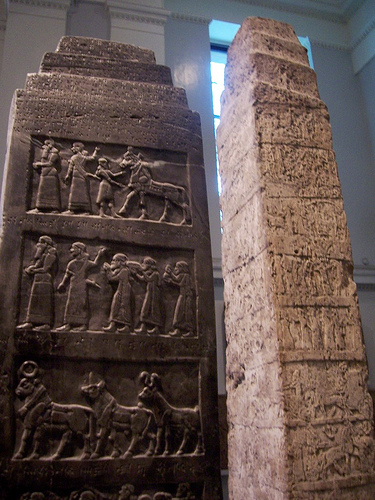
They invented Obelisks (slender, tapering, four-sided monuments) which were built as early as 3500 B.C. Obelisks were special because they used moving shadows to tell about the time. Although they were not quite accurate, since all they could tell people was how to divide the day into two parts – one was called before-noon and another after-noon.
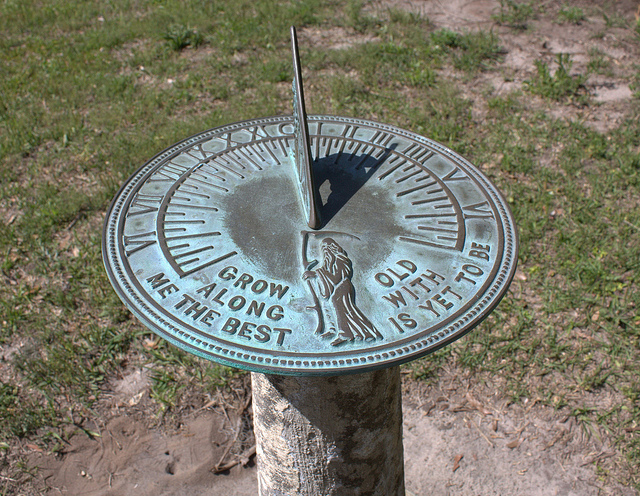
The Egyptians later on needed to divide their time more efficiently. So they invented the shadow clock – a complete Sundial, possibly the first of its kind around 1500 B.C. This timepiece divided the time in several chunks called the “hours”. They used the concept that the length of the shadow was different at different times of the day. ( You do know that the shadows change in length and position throughout the day, right? )
Well, that was the Sundial! But what if the sun was not shining and there were no shadows anywhere?
Did you know people who live near the ocean can tell time from the tides?
Some people can even use the night sky as their clocks!
In windy areas it is the wind that changes its direction or stops blowing at similar times during a day. In such places the wind can be used as the clock!
There are other primitive clocks like water clocks and the sand clocks.
Tick Tock Tick Tock :)
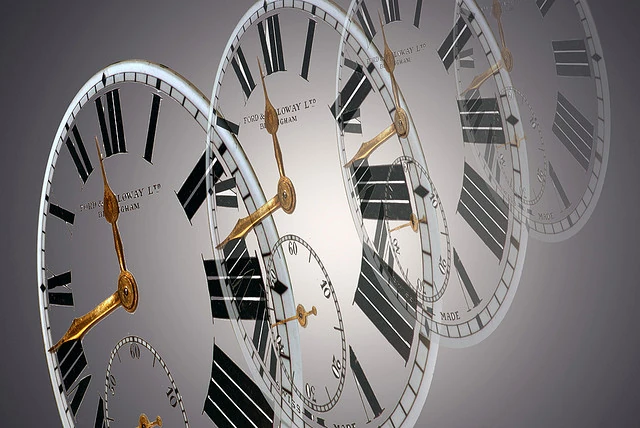

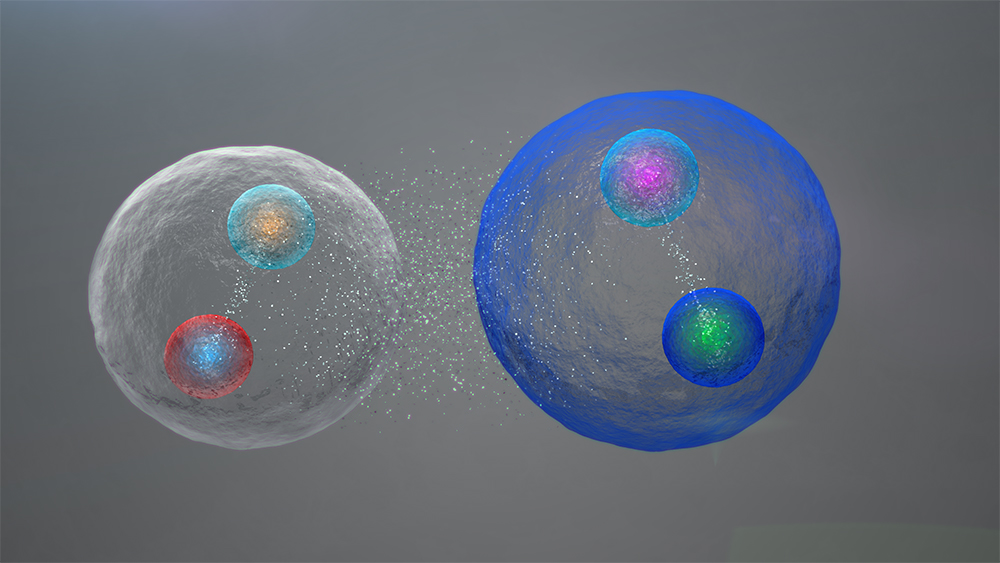

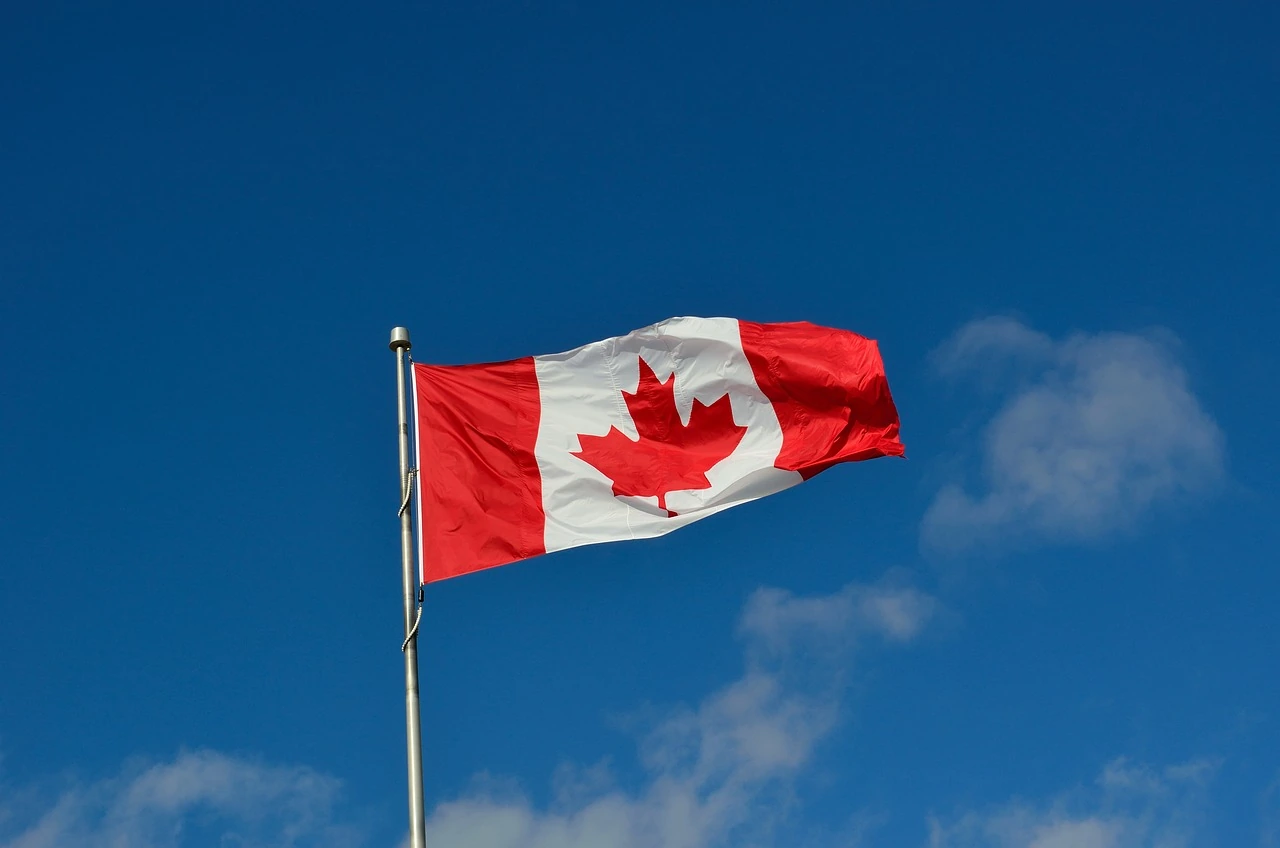
Leave a Reply